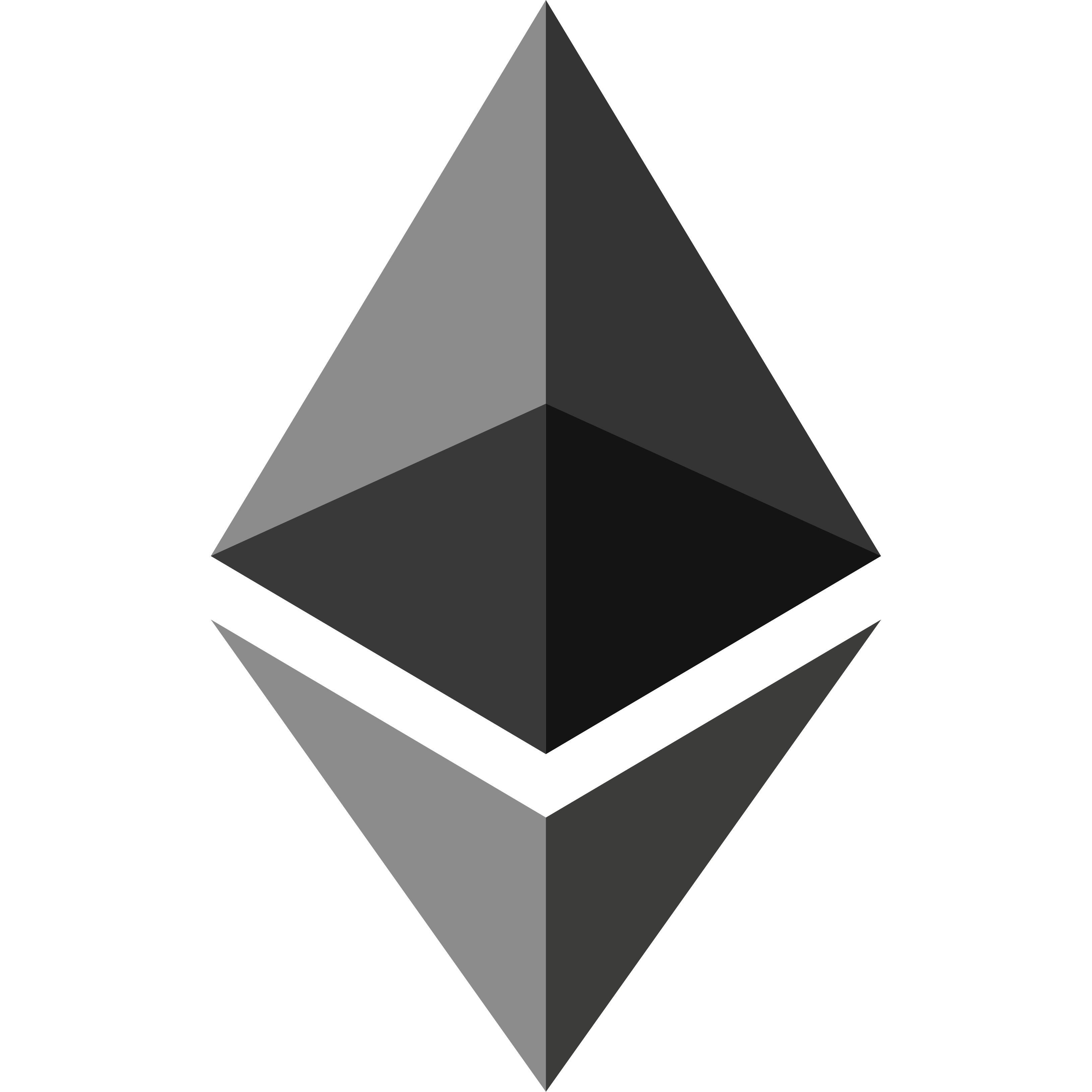
Ethereum (ETH)
The world's leading smart contract and decentralized application platform.
What is Ethereum?
Ethereum is a decentralized blockchain platform that enables the creation and execution of smart contracts and decentralized applications (dApps). Created by Vitalik Buterin in 2015, it has become the foundation of the Web3 ecosystem and the largest platform for decentralized finance (DeFi) and NFTs.
With its transition to Proof of Stake through "The Merge" upgrade, Ethereum has significantly reduced its energy consumption while maintaining its position as the leading smart contract platform with the largest developer community and ecosystem.
Key Features
Use Cases
Pros & Cons
Advantages
- • Leading smart contract platform
- • Largest developer ecosystem
- • Strong network effects
- • DeFi & NFT dominance
- • Regular improvements
- • Institutional adoption
Disadvantages
- • High gas fees
- • Network congestion
- • Complex for beginners
- • Competition from alternatives
- • Scaling challenges
Technology Overview
Smart Contracts
Ethereum's key innovation is programmable smart contracts that automatically execute when predetermined conditions are met. This enables a wide range of applications from financial services to gaming and digital art.
Proof of Stake
Following The Merge upgrade, Ethereum uses a Proof of Stake consensus mechanism where validators stake ETH to secure the network. This reduces energy consumption by ~99.95% compared to the previous Proof of Work system.
Scaling Solutions
Ethereum's scaling roadmap includes Layer 2 solutions like rollups and future upgrades such as sharding to increase transaction throughput while maintaining decentralization and security.
Ethereum Investment Guide
1. Getting Started
- Choose a reputable cryptocurrency exchange
- Complete identity verification
- Set up secure payment method
- Enable two-factor authentication
2. Storage Options
- Hardware wallets for large holdings
- Software wallets for regular use
- Consider staking options
- Backup private keys securely
3. Investment Strategies
- Dollar-cost averaging
- ETH staking for passive income
- DeFi yield opportunities
- Long-term holding
4. Risk Management
- Diversify investments
- Monitor network developments
- Understand gas fees
- Stay informed about upgrades
Frequently Asked Questions
What is Ethereum?
Ethereum is a decentralized blockchain platform that enables smart contracts and decentralized applications (dApps). It's the second-largest cryptocurrency by market cap and the leading platform for DeFi, NFTs, and Web3 applications.
How is Ethereum different from Bitcoin?
While Bitcoin primarily functions as digital currency and store of value, Ethereum is a programmable blockchain that supports smart contracts and complex applications. This enables a wide range of use cases beyond simple transactions, including DeFi, NFTs, and decentralized applications.
What are smart contracts?
Smart contracts are self-executing contracts with terms directly written into code. They run on the Ethereum blockchain and automatically execute when predetermined conditions are met, enabling trustless agreements and automated transactions without intermediaries.
What is ETH staking?
ETH staking involves locking up Ethereum tokens to help secure the network and earn rewards. Since transitioning to Proof of Stake, validators must stake 32 ETH to run a validator node, though smaller amounts can be staked through pooled staking services.
Is Ethereum a good investment?
Ethereum has shown strong growth potential due to its technological capabilities, developer adoption, and expanding use cases. However, like all cryptocurrencies, it carries significant risks including price volatility and competition from other platforms. Investment decisions should be based on thorough research and risk assessment.
Stay Updated
Get the latest crypto news, rankings, and exclusive guides delivered to your inbox.
We respect your privacy. Unsubscribe at any time.